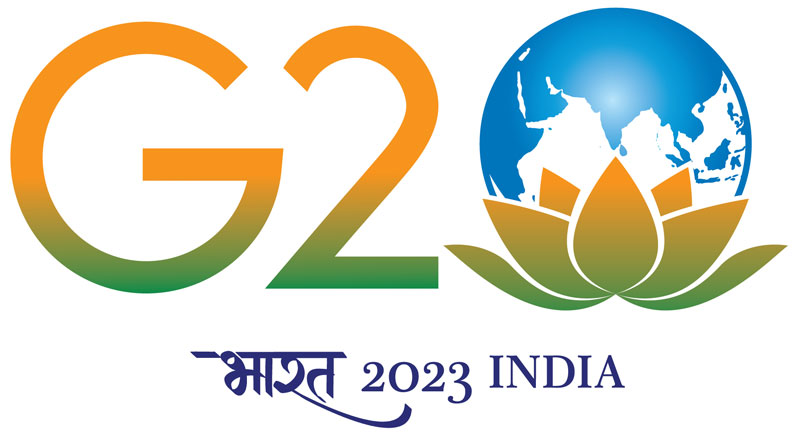Short-term Training Programme in Rural Livelihoods
Alumni of the CPRL course are actively involved with the community and their role has grown crucial in the context of the COVID 19 pandemic. As they worked with the community, alumni felt the need to take a refresher course on livestock management (small ruminant & fishery) to update their knowledge and revise the lessons gained during CPRL. In the course, a module on fishing was also introduced. The idea was to impart the updated knowledge and skills to the alumni in order to help them and their community manage their livestock in the lockout and improve their livelihoods. The WASSAN Foundation was selected as a knowledge partner for this initiative.
The main objective of the program is to increase the reach of government welfare schemes and to address challenges in sectors such as education, health, nutrition and innovation in tribal areas, in order to ensure an integrated and focused approach to the socio-economic development of the Scheduled Tribes population in a coordinated and planned manner. Keeping in mind our core competence in the field of CSO facilitation and screening, MoTA has appointed BRLF to carry out a rigorous screening process for shortlisting proposals from different parts of the country on various themes such as education, health and innovation.
Objectives:
The Short-term Program in Rural Livelihoods had the following main objectives:
To develop knowledge and skills among the participants related to market linkage and entrepreneurship.
To understand the best practices for BYP & Fisheries, in the context of fodder and water quality.
To understand technical methods of fisheries for different pond sizes.
To develop knowledge on food-water quality and medicine type, the reason for the death, and vaccination in livestock.
To develop knowledge on starting fisheries with limited resources and budget.
The main objective of the program is to increase the reach of government welfare schemes and to address challenges in sectors such as education, health, nutrition and innovation in tribal areas, in order to ensure an integrated and focused approach to the socio-economic development of the Scheduled Tribes population in a coordinated and planned manner. Keeping in mind our core competence in the field of CSO facilitation and screening, MoTA has appointed BRLF to carry out a rigorous screening process for shortlisting proposals from different parts of the country on various themes such as education, health and innovation.
Course Design:
The Short-term Training Program brought together key components of Livestock Management and Marketing through 12 sessions of teaching and learning.
Module | Courses |
Desi BYP | Desi Poultry Breeding Farm enterprise |
Feed and health management | |
Tasks and Practical | |
Small Ruminants | Different Livestock Production system in tribal areas |
Healthcare management | |
Shelter management | |
Assignment | |
Fisheries | Identification of some commercially important fishes |
Pre-Stock management | |
Stock management | |
Post-stock management | |
Assignment |
Training Pedagogy
The training pedagogy includes the building of perspectives through classroom sessions, practical sessions, lectures and interactive sessions, case study methods, group and individual exercises.
Training Timeline
A total of 32 CPRL alumni were selected to participate in the refresher course based on their thematic commitment and work profile as individuals or in their respective employer organisations. The first batch of refresher training on livestock management was launched on 25 November 2020 and completed on 20 December 2020 through 12 sessions.
The main objective of the program is to increase the reach of government welfare schemes and to address challenges in sectors such as education, health, nutrition and innovation in tribal areas, in order to ensure an integrated and focused approach to the socio-economic development of the Scheduled Tribes population in a coordinated and planned manner. Keeping in mind our core competence in the field of CSO facilitation and screening, MoTA has appointed BRLF to carry out a rigorous screening process for shortlisting proposals from different parts of the country on various themes such as education, health and innovation.

